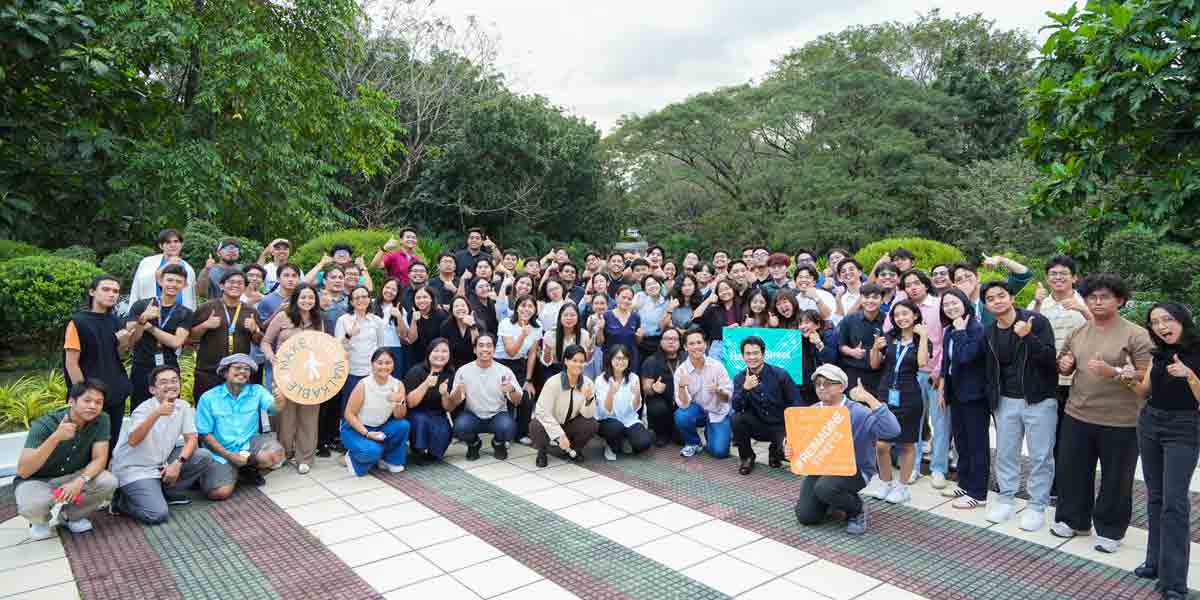 By Fr. Roy Cimagala
By Fr. Roy Cimagala
Sometime ago, I wrote an article about the close relationship between faith and works, citing that famous passage from the Letter of St. James: “Show me your faith apart from your works, and I by my works will show you my faith.” (2,18)
And yet, in spite of that closeness, we have to acknowledge that the two are not identical. Faith is a supernatural gift, while our works are a product of our effort. Faith can be lived even without works as in the case of a baby recently baptized. He already has received the gift, which by its nature is gratuitous, but the baby is yet incapable of expressing it into deeds.
It is important to acknowledge this distinction because in our effort to pursue a goal, an objective or an end, we of course have to use the appropriate means. We just cannot think of simply achieving an end without the proper means. But again we should not make the means and the end identical.
In the first place, to reach an end, we may use different means according to the peculiar circumstances of the persons involved. With that alone, we can already see that the means and the end should not be held identical.
Truth is we can hardly say that the end can only be achieved by a certain means, although in some exceptional cases that may be so. But in general, the end or goal can be achieved by different means.
Besides, just like the gift of faith received by the baby without expressing it in deeds yet, the end or objective may already be given to us in a gratuitous way without us working for it through some means. In this case, we can see that the means are not necessary to achieve an end. The means and the end cannot be held identical.
This distinction between the means and the end is important as we consider the value of our fidelity to our vocation, commitment, spirituality, mission, etc. We definitely have to use the appropriate means, unless we are given some extraordinary gifts from God that would exempt us from using any means and effort. But we can imagine that that case must be very special and exceptional.
Then we also have to realize that the appropriate means to achieve an end may differ and vary according to the circumstances of the persons involved. What works with one person may not work with another. So, it would not be proper to impose a rigid set of means to be done in a rigidly specific way to reach an end.
There may be a general set of means to be offered to achieve an end, but everyone has to understand that this set can be lived in different ways according the specific conditions of the persons involved.
We know that the circumstances and conditions of persons can change, and therefore the way they avail and use the means can also vary. We should not give the impression that only some specific means should be used and that they have to be used in a specific way.
What is most important is that everyone is keenly aware of the end to be achieved, and we should just let everyone feel completely free to use whatever means he thinks is appropriate for achieving the end, and the way those means are availed of.
Email: roycimagala@gmail.com




















